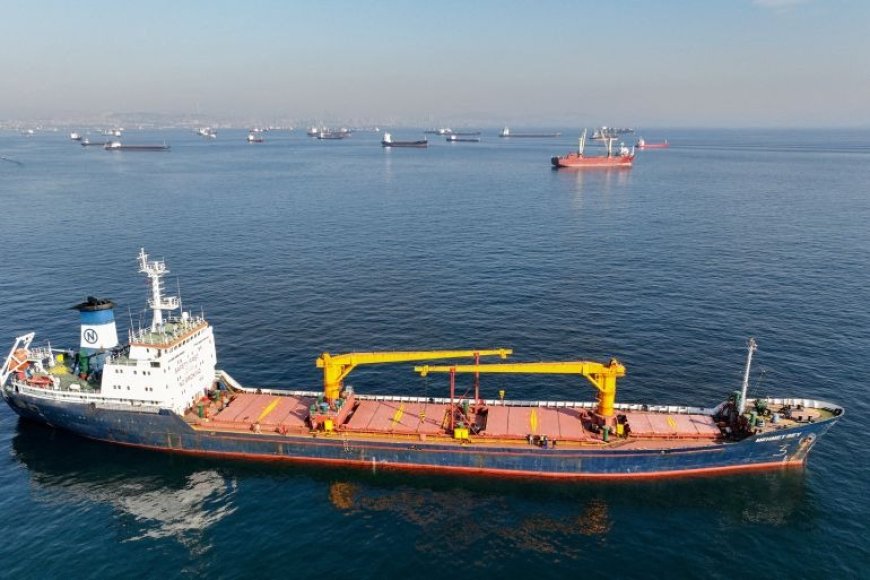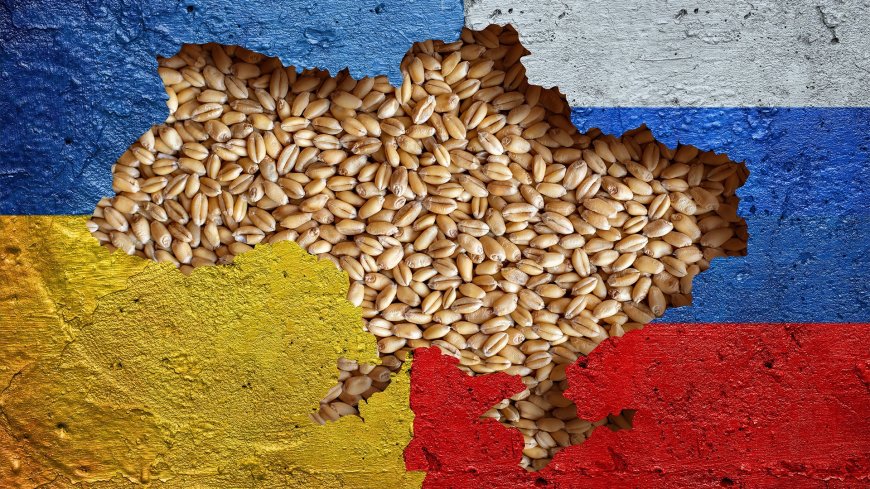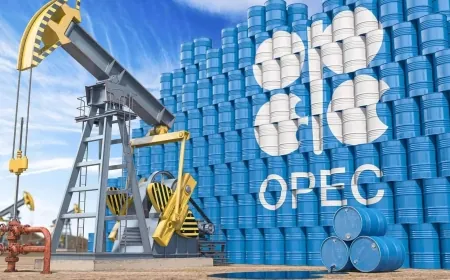Black Sea Grain Deal Collapse: Impact on Global Food Prices & Security
The impact of the Black Sea grain deal collapse on global food prices and food security. Learn how Russia's withdrawal led to soaring prices and uncertainties in grain and sunflower oil supplies. Stay informed about the looming food crisis and efforts to address the situation.

The collapse of the Black Sea grain deal, triggered by Russia's withdrawal, has led to a sharp increase in global food prices and raised concerns about a looming food crisis. The United Nations' Food Price Index rose by 1.3% in July, marking a significant deviation from a year of steady declines. Key commodities such as grains and sunflower oil have been impacted, leading to uncertainties in exportable supplies and contributing to soaring vegetable oil prices. Ukraine's crucial role as a major exporter in the grain market and Russia's decision to provide free grain to African countries add complexity to the situation. The international community is closely monitoring the crisis to ensure food security for vulnerable populations worldwide.

The Black Sea Grain Deal Crumbles
In a stunning development, Russia's withdrawal from the Black Sea grain deal has sent shockwaves through the global food market, leading to a surge in food prices and raising concerns about an impending food crisis. The deal, which facilitated the safe passage of grain-carrying ships from Ukrainian ports, had been instrumental in stabilizing food markets amidst ongoing tensions in the region.
Global Food Prices Surge
The United Nations' Food and Agricultural Organization (FAO) reported a 1.3% increase in the global Food Price Index in July compared to the previous month, marking only the second rise in a year of steady declines. The sudden disruption in the grain deal has triggered a significant impact on grain and sunflower oil prices, causing worldwide alarm.
Ukraine's Vital Role in the Market
Ukraine has been a major player in the global grain market, accounting for 10% of wheat exports and ranking among the top three exporters of barley, maize, and rapeseed oil. As the largest exporter of sunflower oil, responsible for 46% of the world's exports, Ukraine's significance cannot be overstated.
Vegetable Oils and Crude Oil Prices
Vegetable oil prices experienced a notable 12% month-on-month increase, partly driven by surging global crude oil prices. Vegetable oil is a crucial component in biofuel production, and the impact of crude oil prices on vegetable oil costs has further exacerbated the situation.
Uncertainties Surrounding Exportable Supplies
The collapse of the Black Sea grain deal has led to renewed uncertainties surrounding exportable supplies from the region. International sunflower oil prices have risen over 15% due to these uncertainties, further contributing to the surge in global food prices.
Additional Factors Influencing Food Prices
Worries about declining palm oil production in southeast Asia and soybean and rapeseed oil in North America have added to the upward pressure on food prices, as reported by the FAO.
Ramifications on Food Security
The Black Sea grain deal's disintegration has had far-reaching consequences, especially for vulnerable regions heavily reliant on grain supplies from the area. Over 50 million people across East Africa are now facing the risk of hunger, with approximately 80% of the region's grain exports coming from Russia and Ukraine.
Russia's Response
In response to the collapse of the deal, Russian President Vladimir Putin announced plans to replace Ukrainian grain exports with shipments of free grain to "the most needy African countries," including Somalia and Eritrea.
Seeking Solutions
As the global food crisis looms, international authorities and organizations are actively monitoring the situation and devising measures to address rising food prices and ensure food security for vulnerable populations. Stakeholders worldwide remain on high alert, seeking collaborative solutions to avert the looming catastrophe.
Also Read: Ukraine's Grain Exports in Peril Amidst Russian Attacks: Shipping Industry Braces for Challenges
































































